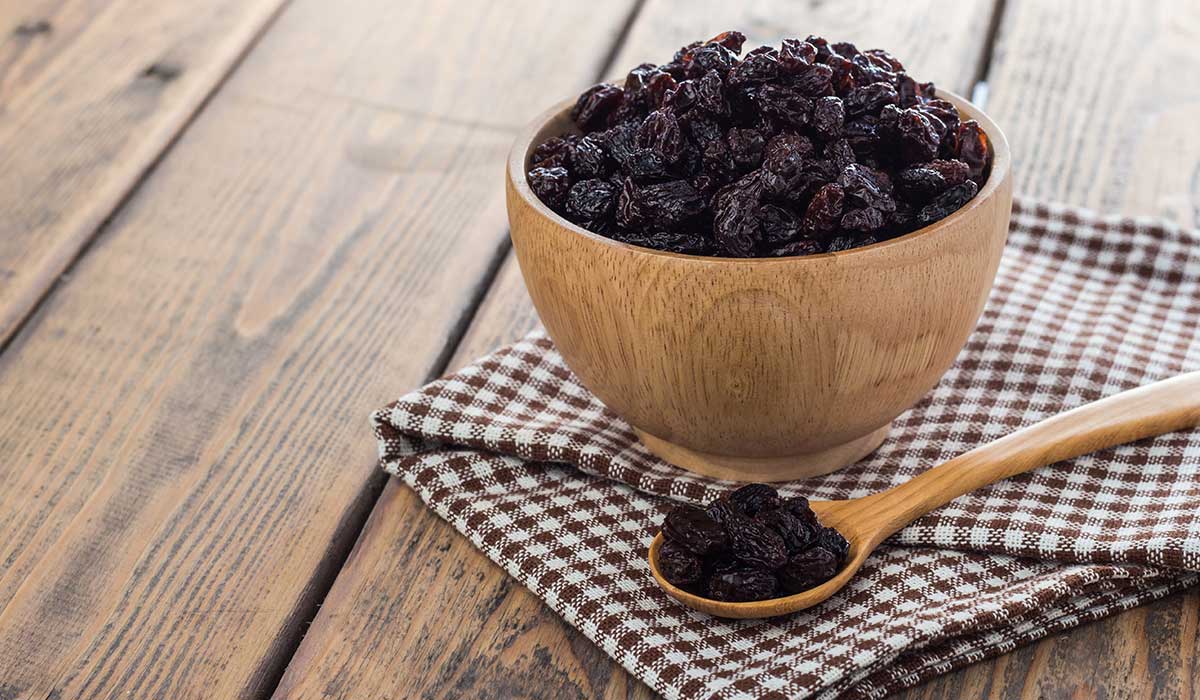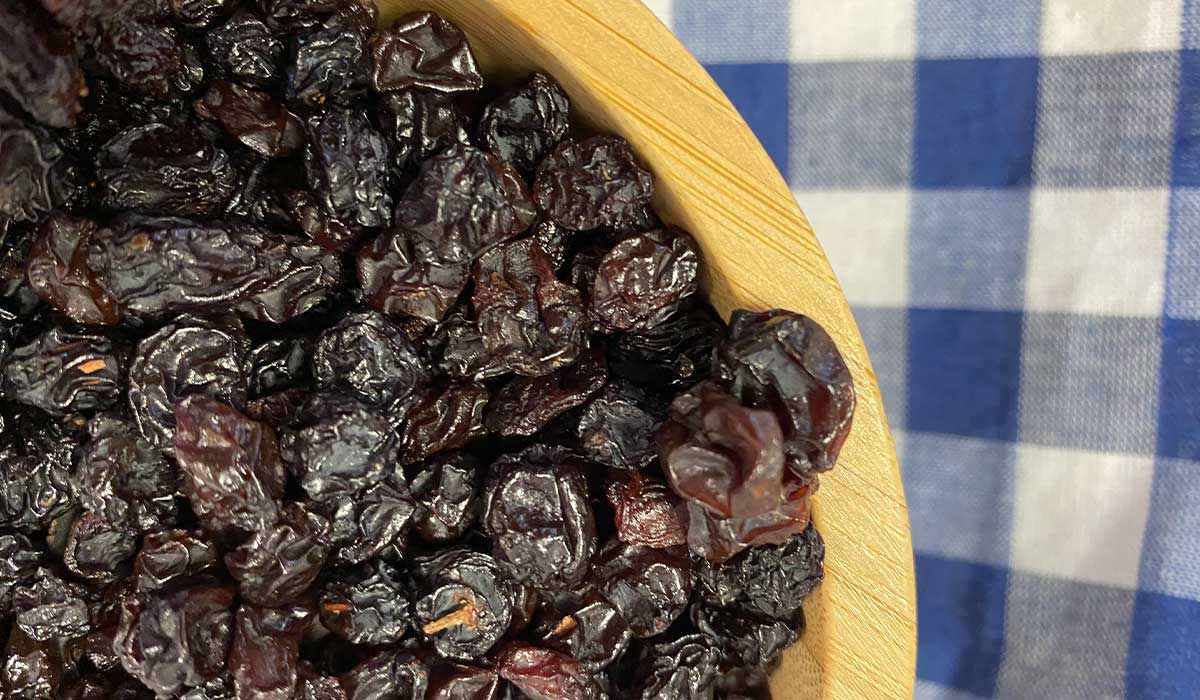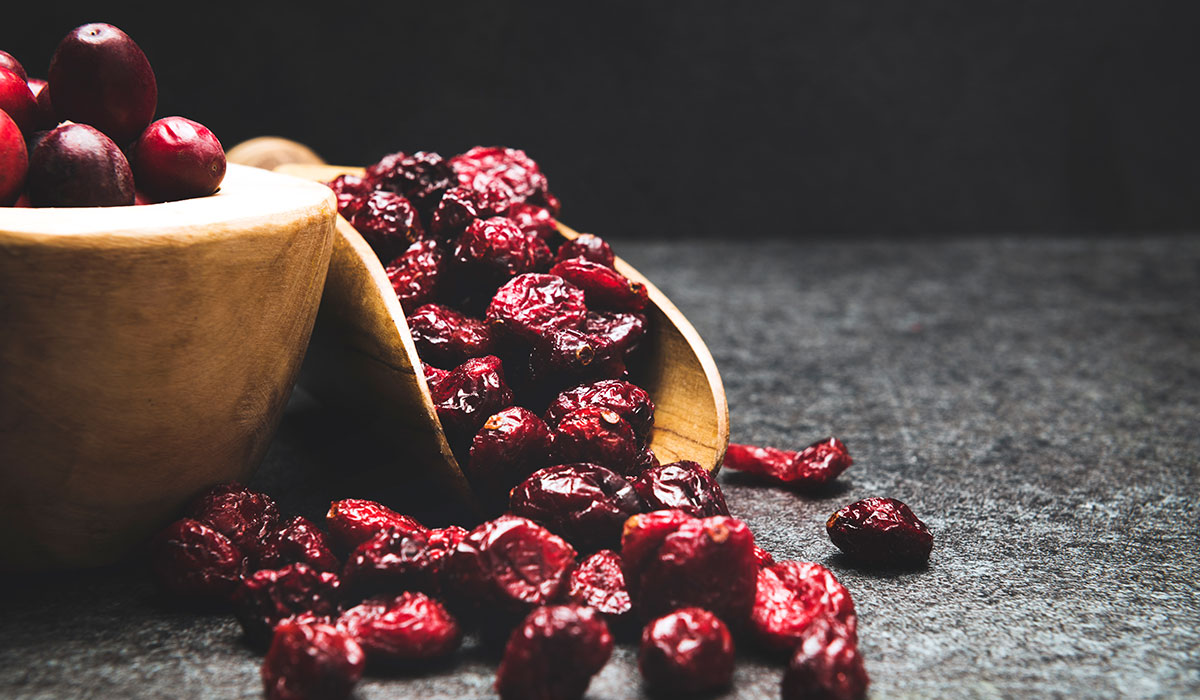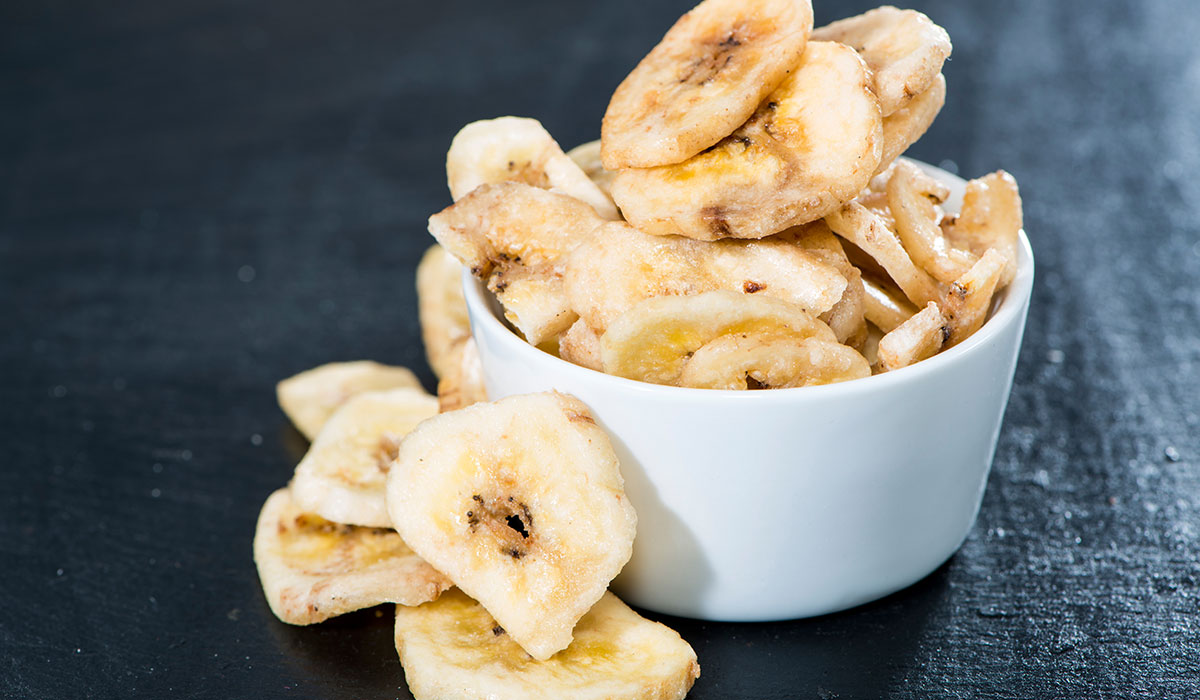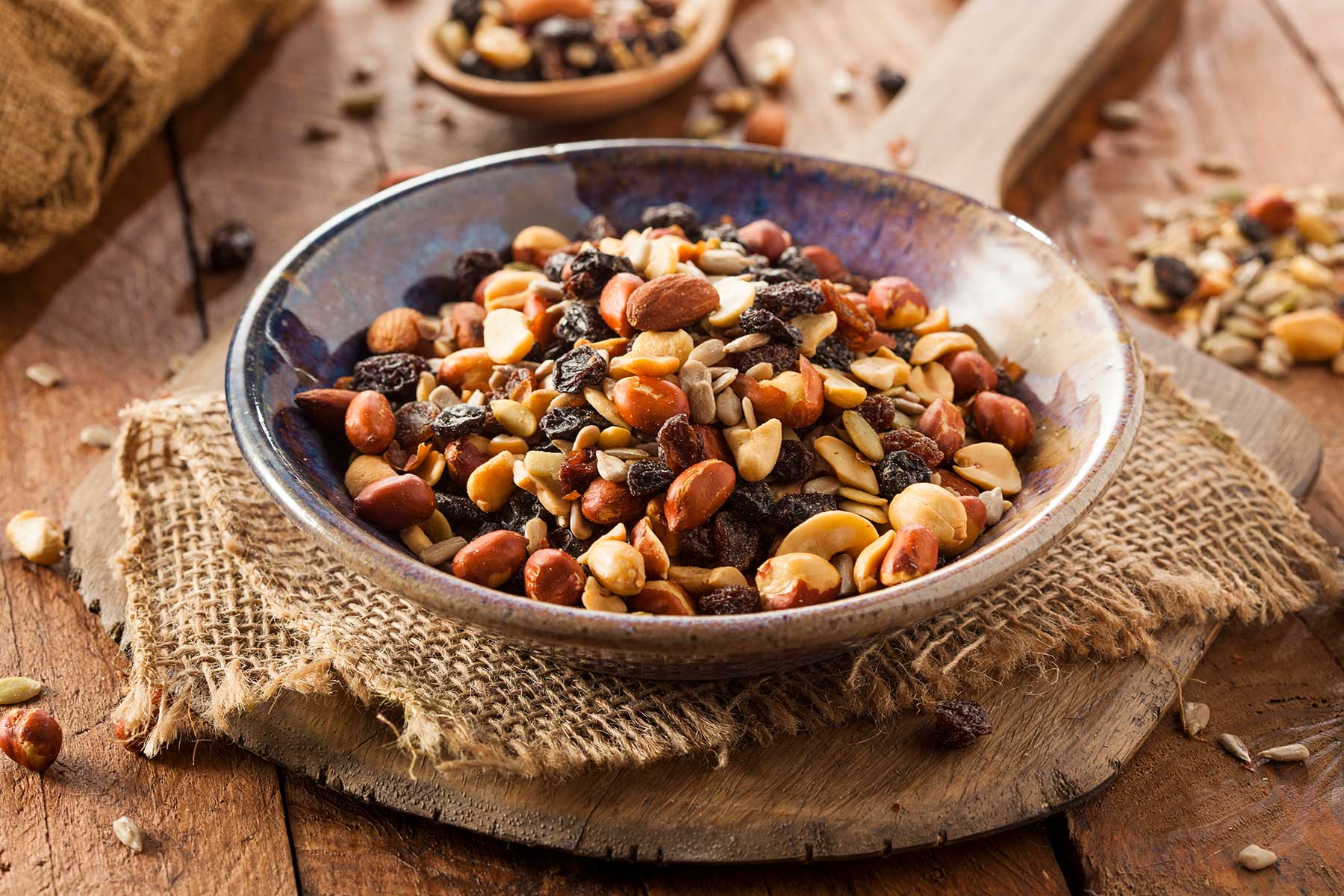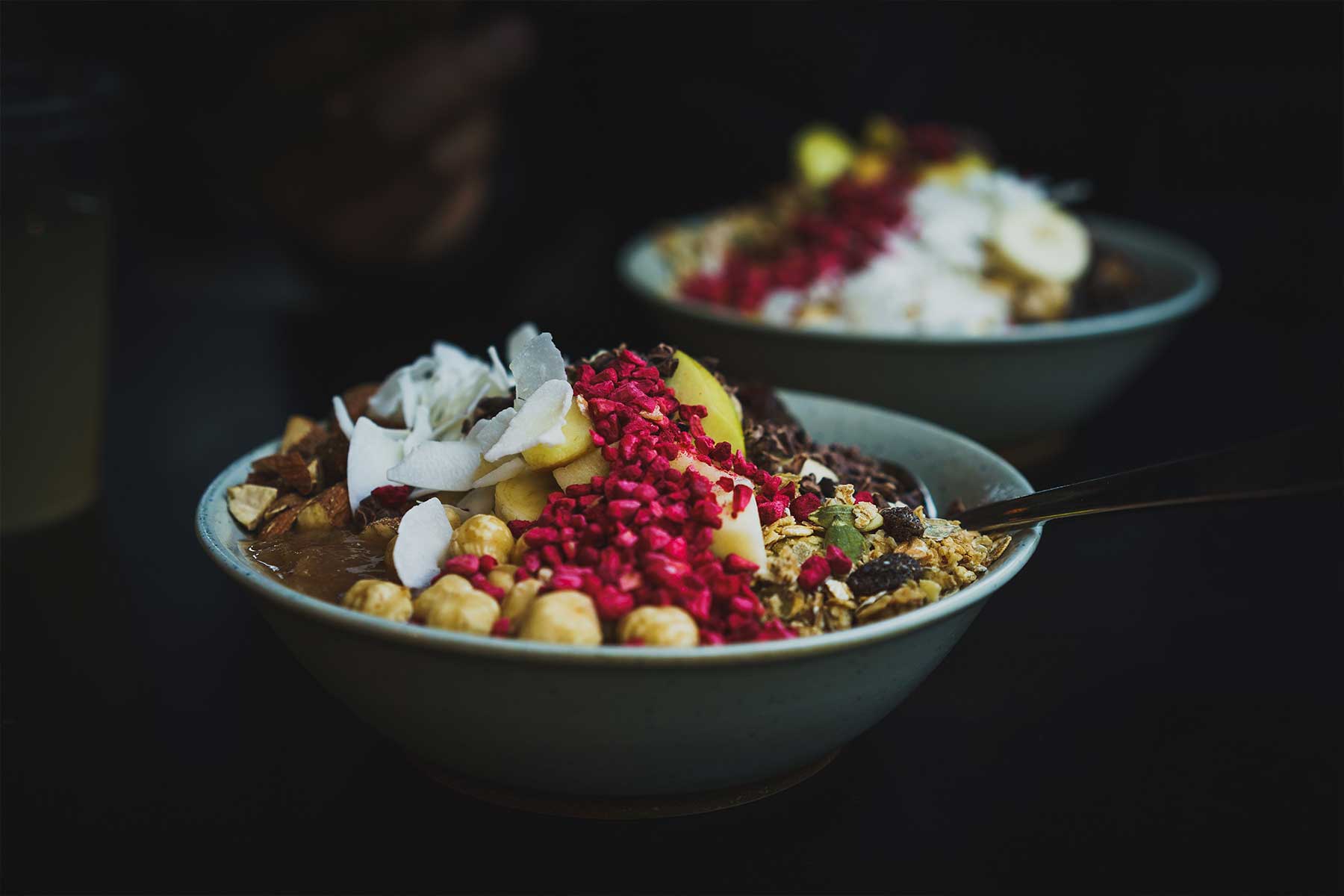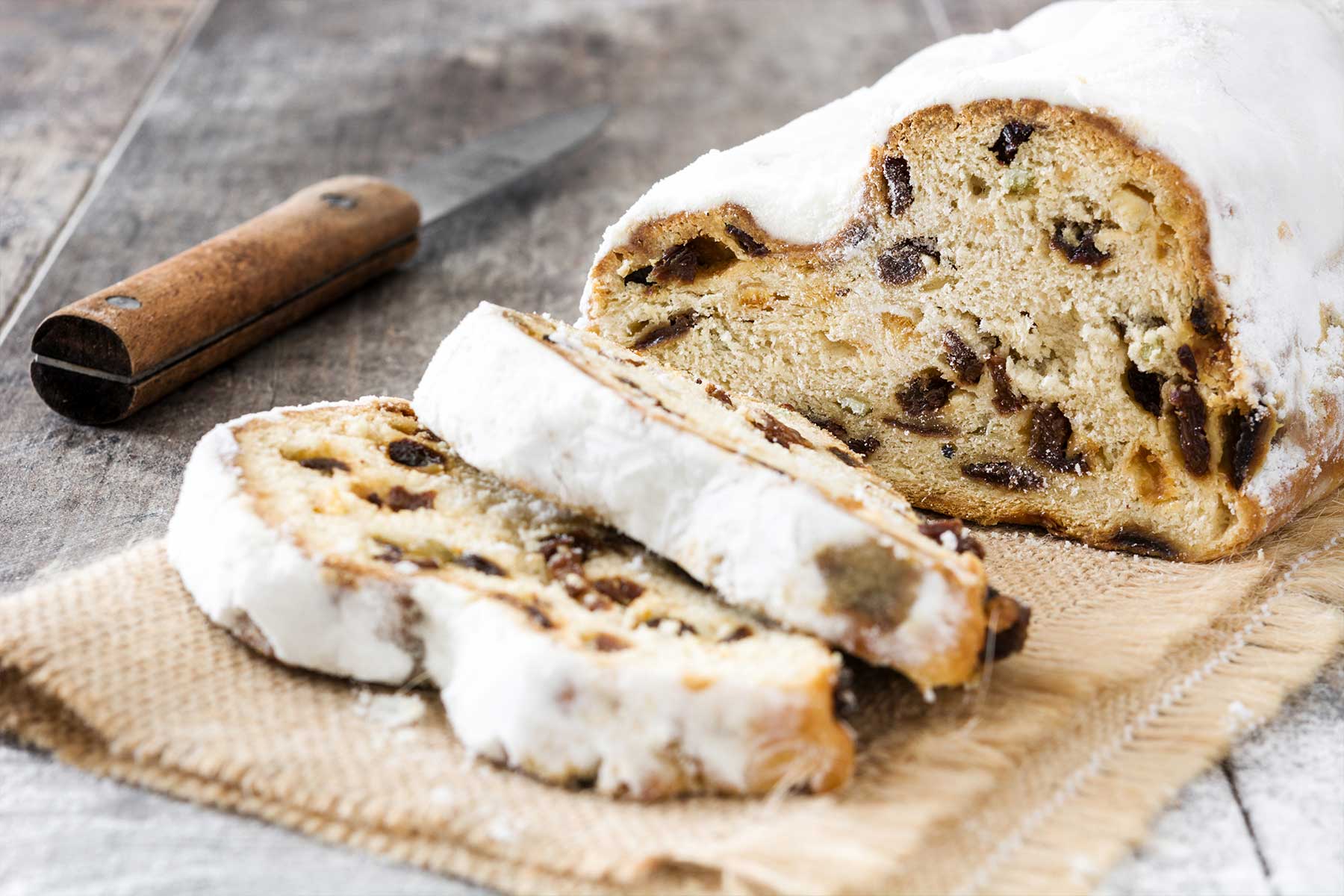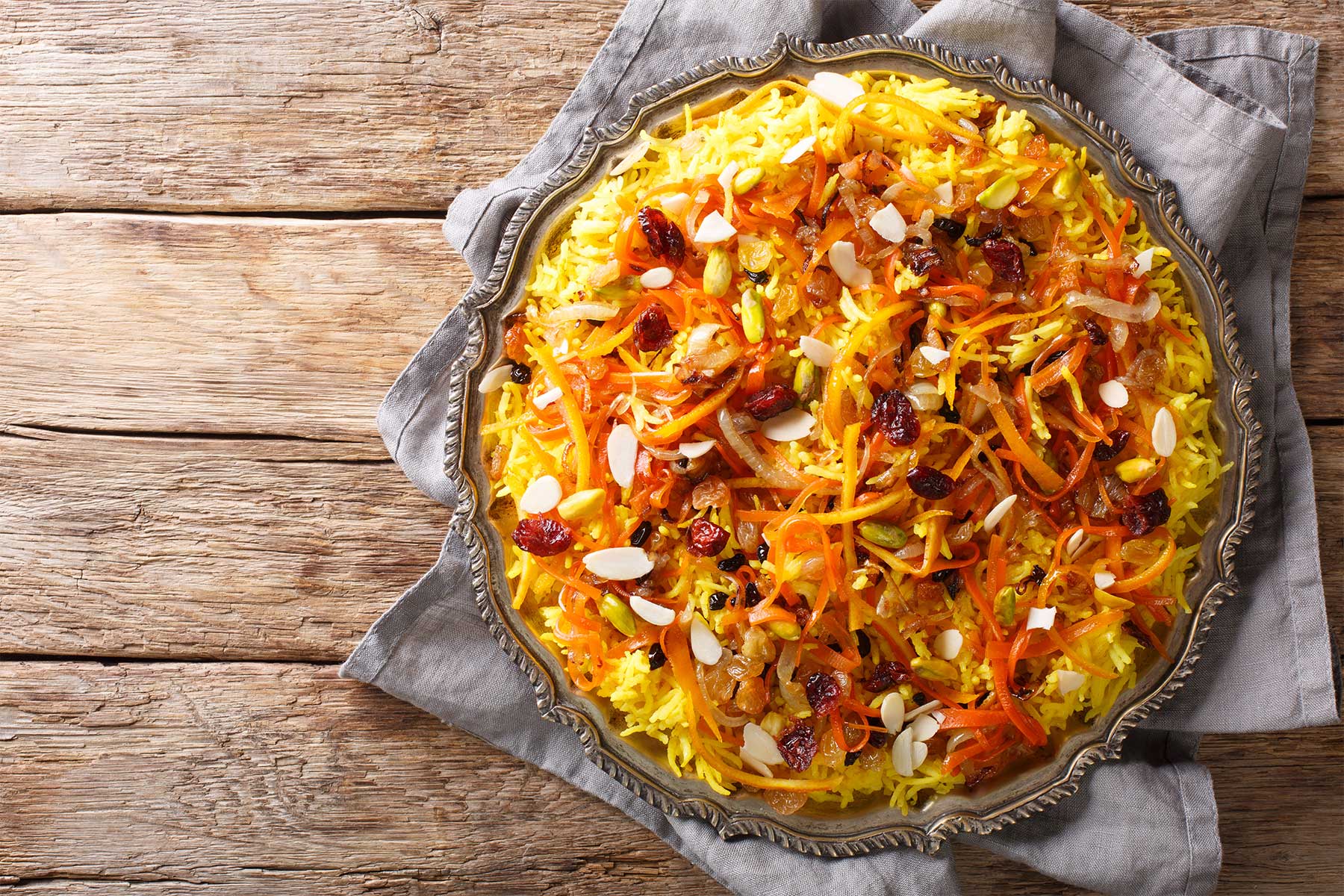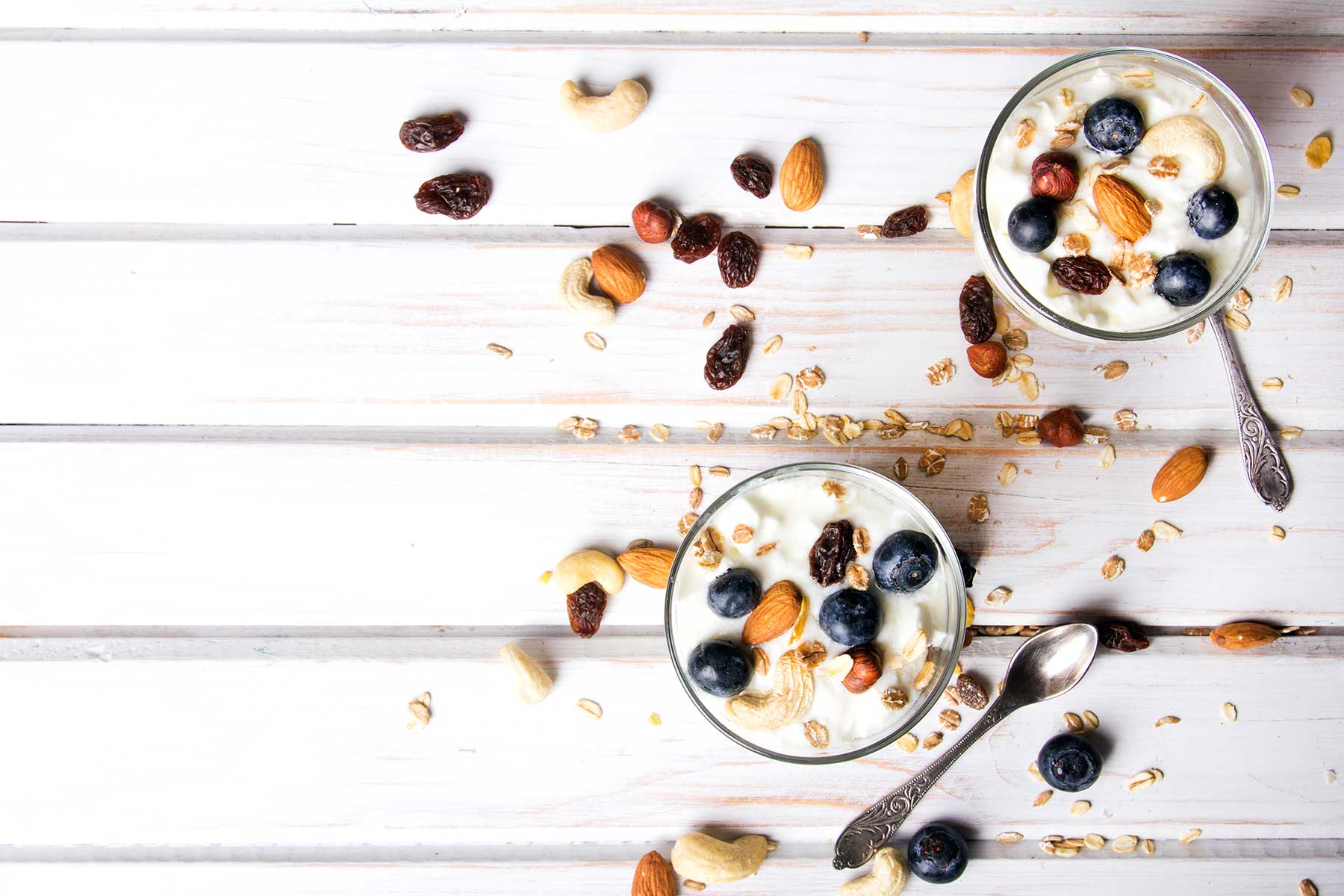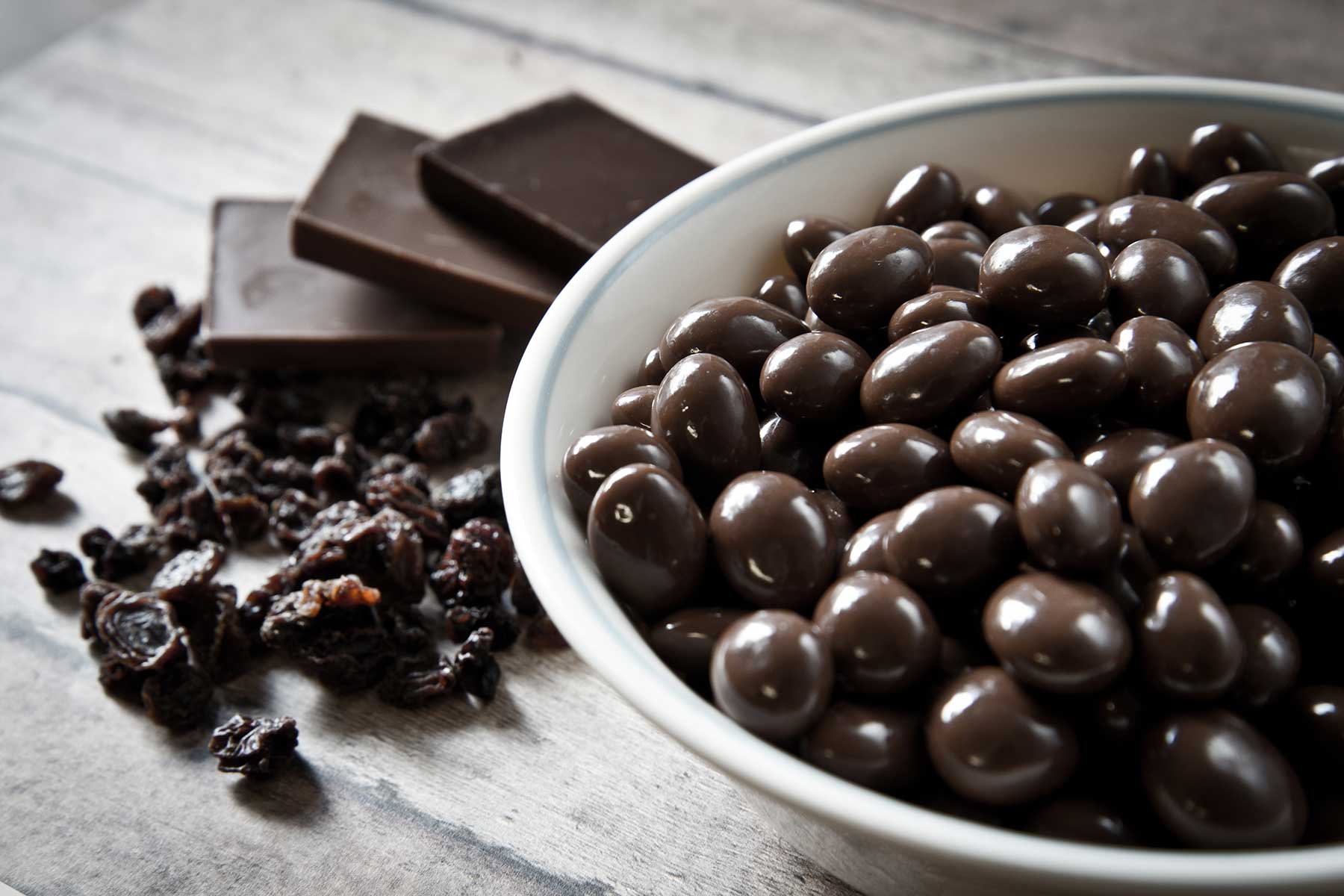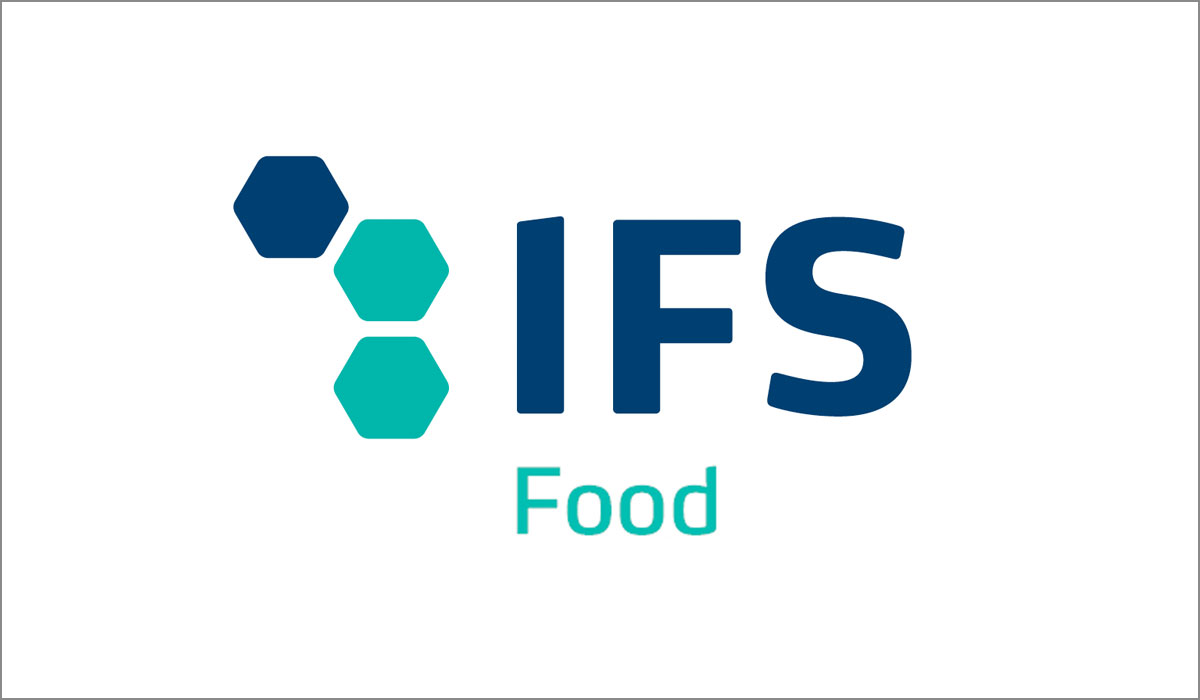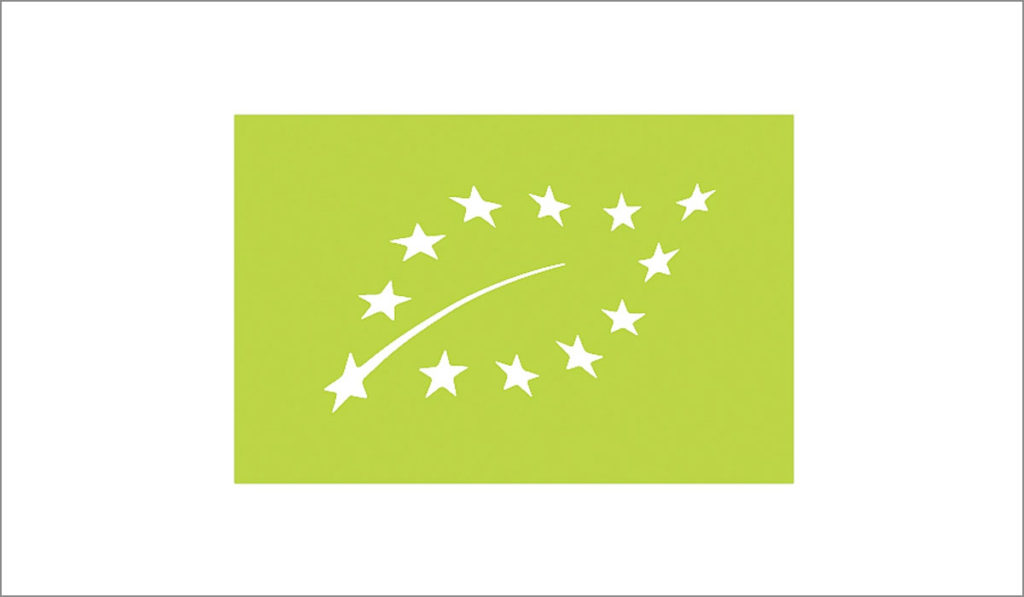Dried fruits have a long shelf life primarily due to the removal of much of the water contained in the fruit. Well-packed and protected against air, light and heat, dried fruits can usually be stored for several months or even years. Sealed jars and containers are typically suitable for storing dried fruit. However, it’s important to prevent moisture penetration as this can lead to mould on dried fruit.
In the case of dried fruit with a very high sugar content, such as figs, dates or plums, a white coating can form after a while. This is called “sugaring” and it does not indicate low-quality products or an expired shelf life. It’s a completely normal process: while the remaining moisture is released from the fruit, some of the fructose crystallises on the surface of the dried fruit.
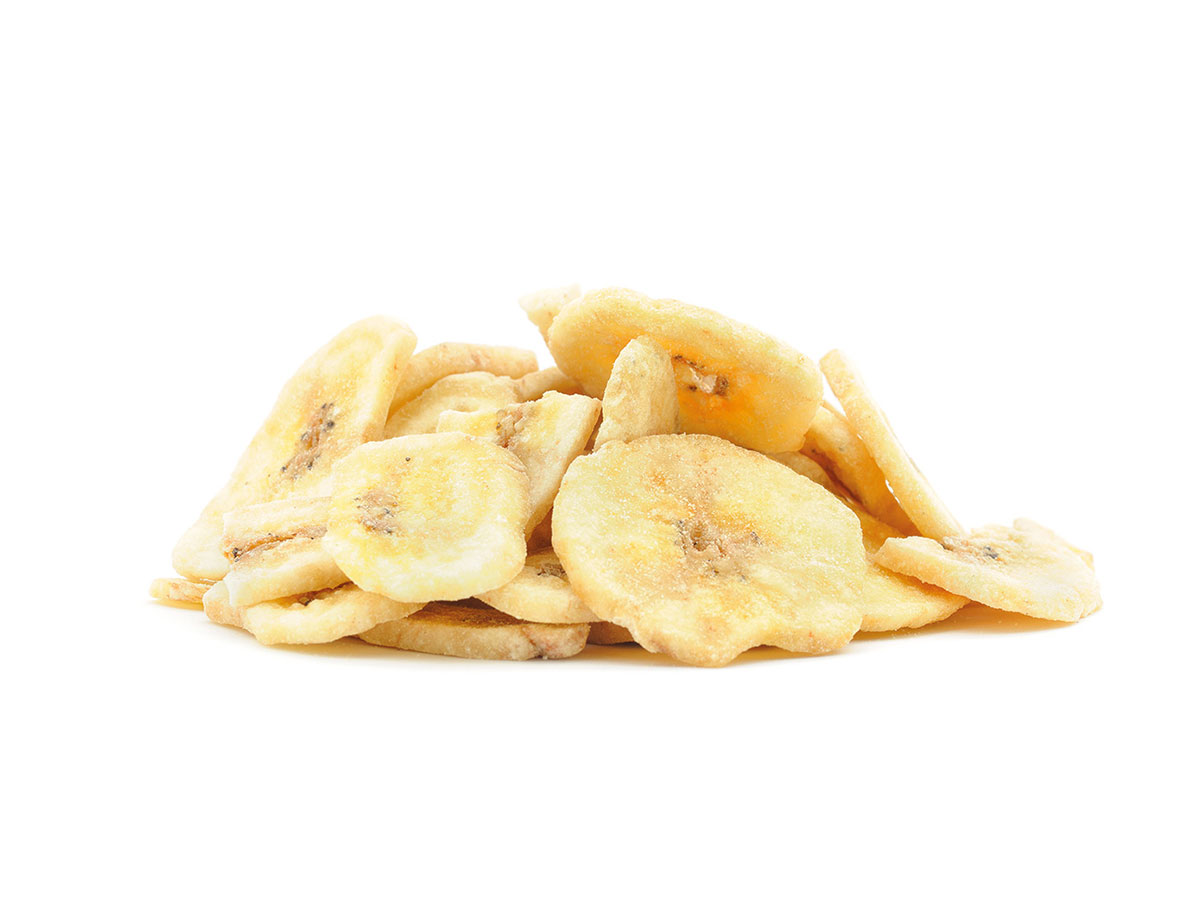 Banana chips
Banana chips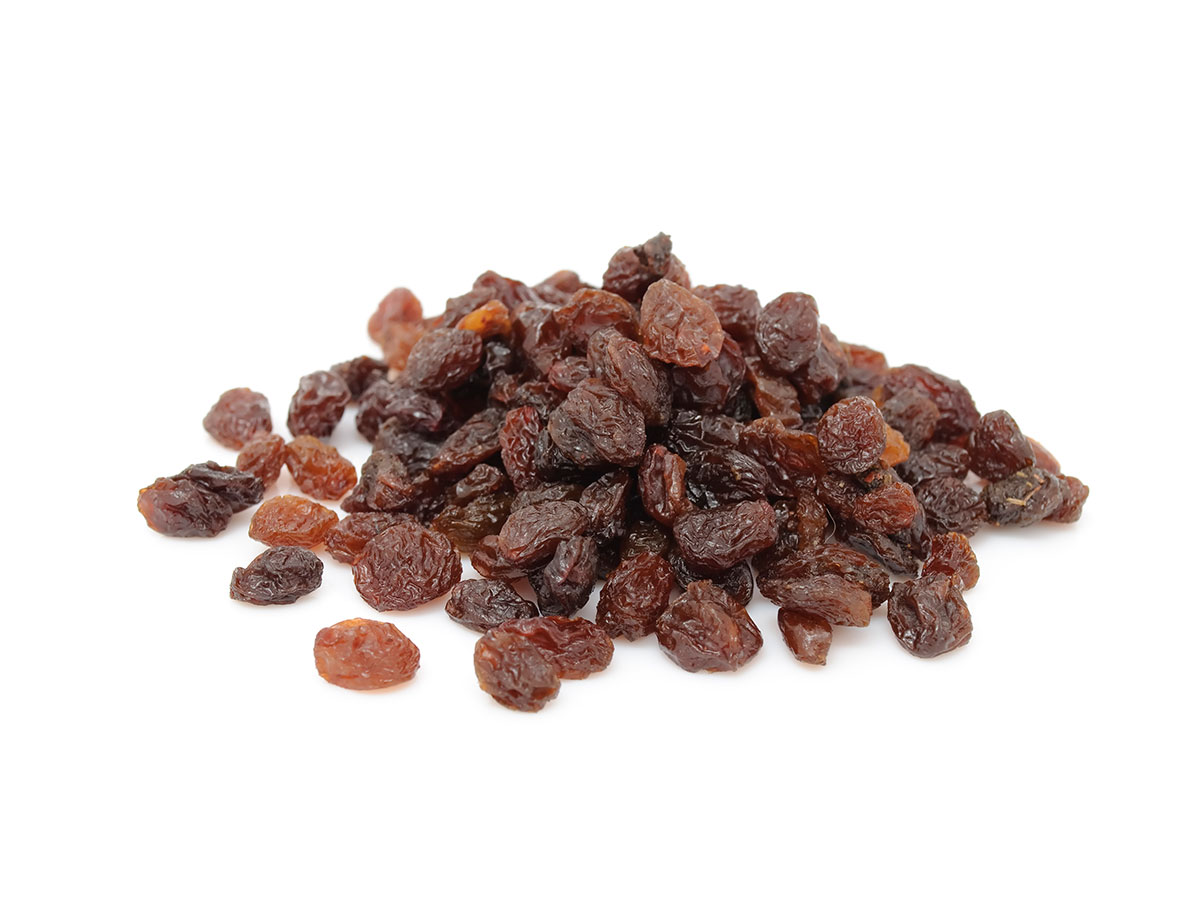 Raisins
Raisins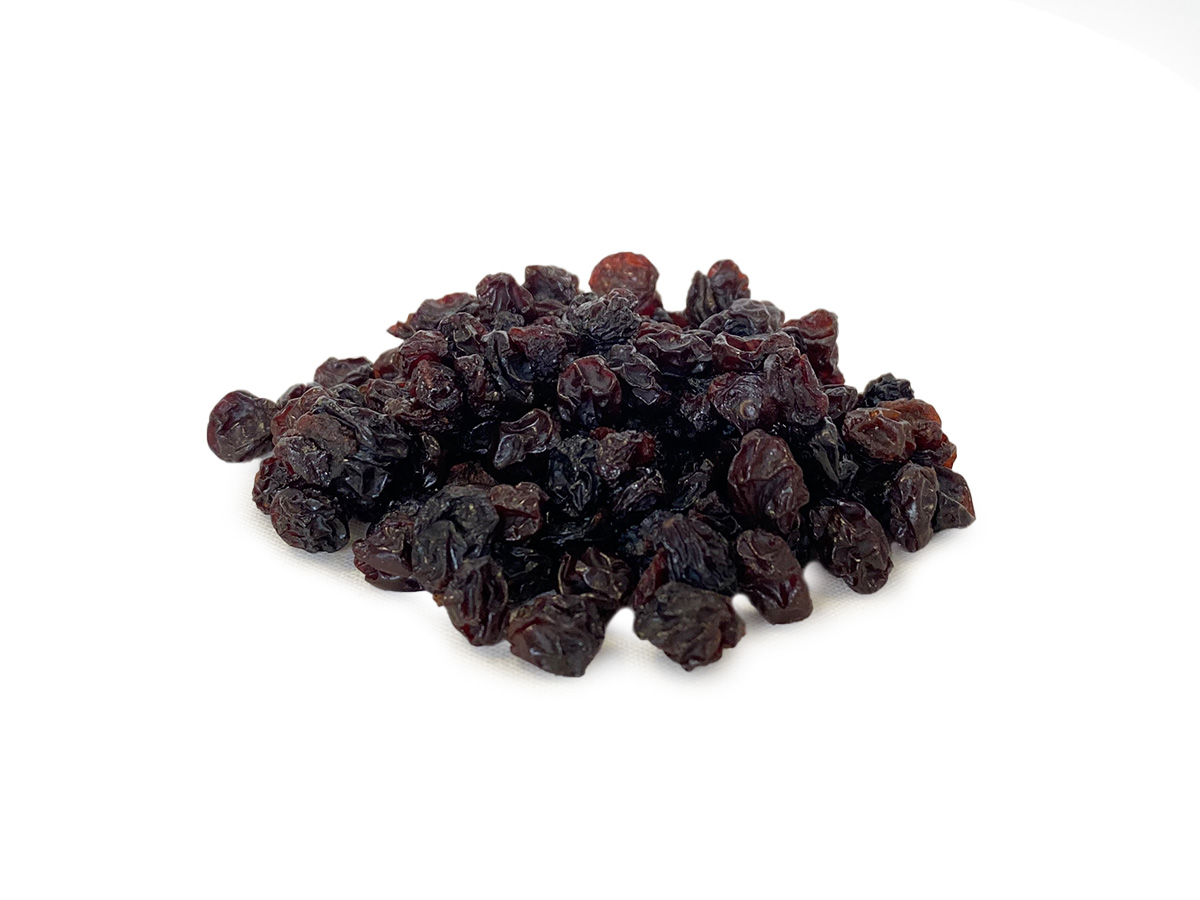 Currants
Currants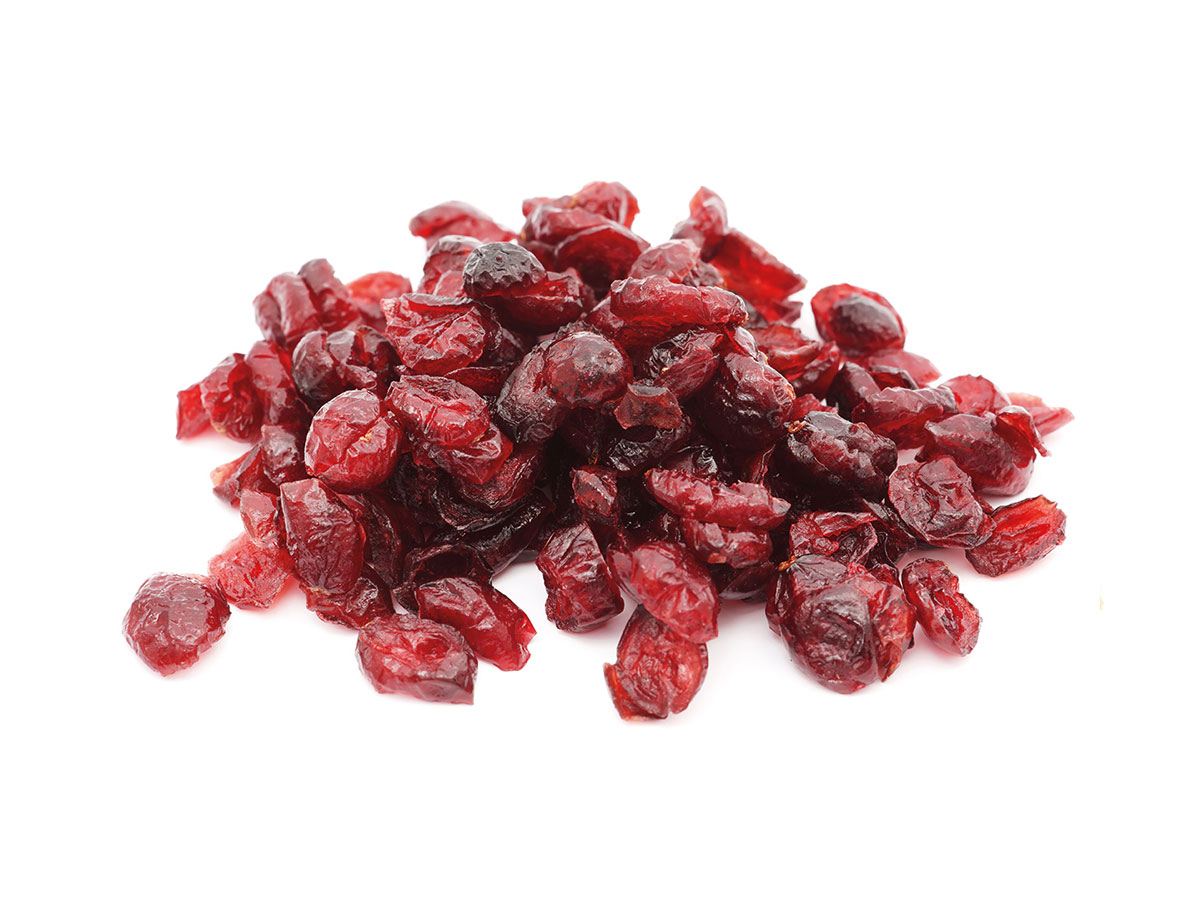 Cranberries
Cranberries
